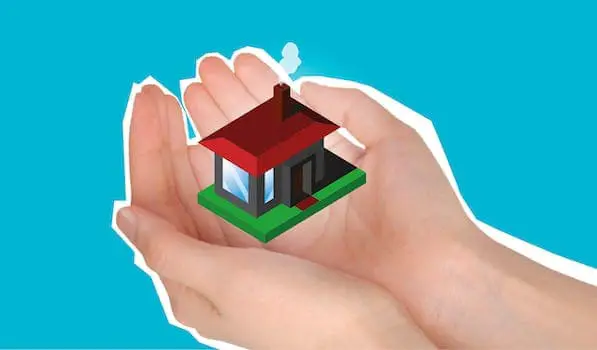
First-Time Homebuyer’s Guide to Private Mortgage Insurance
As a first-time homebuyer, you may have heard about Private Mortgage Insurance (PMI) but may not fully understand what it is and how it can impact your home buying experience. This comprehensive guide will help you navigate the world of PMI, providing valuable insights and information for real estate investors, homeowners, first-time homebuyers, and real estate agents alike.
What is Private Mortgage Insurance (PMI)?
Private Mortgage Insurance is a type of insurance policy that protects the lender in case the borrower defaults on their mortgage payments. It is typically required by lenders when the borrower is unable to make a down payment of at least 20% of the home’s purchase price. By having PMI, lenders can offer loans to borrowers with smaller down payments, making homeownership more accessible to a wider range of people.
Why Do First-Time Homebuyers Need PMI?
First-time homebuyers often struggle to save enough money for a large down payment. PMI allows these buyers to qualify for a mortgage with a smaller down payment, making it easier for them to enter the housing market. Additionally, PMI can provide some peace of mind for lenders, as they know they are protected in case the borrower defaults on their loan.
How Much Does PMI Cost?
The cost of PMI varies depending on several factors, including:
- The size of the down payment
- The type of mortgage loan
- The borrower’s credit score
- The insurance provider
Typically, PMI premiums range from 0.3% to 1.5% of the original loan amount per year. The premiums can be paid monthly, annually, or as a one-time upfront payment at closing. Some lenders may also offer lender-paid PMI, where the cost of the insurance is built into the mortgage interest rate.
How to Avoid PMI
There are several ways to avoid paying PMI, including:
- Making a down payment of at least 20% of the home’s purchase price
- Obtaining a loan through a government-backed program, such as the Federal Housing Administration (FHA) or the Department of Veterans Affairs (VA), which typically do not require PMI
- Opting for a piggyback loan, where a smaller second mortgage is taken out alongside the primary mortgage to cover the remaining down payment amount
- Refinancing your mortgage once you have built up enough equity in your home to meet the 20% threshold
How to Cancel PMI
Once you have built up enough equity in your home, you may be eligible to cancel your PMI. There are several ways to do this, including:
- Requesting cancellation from your lender once your loan-to-value (LTV) ratio reaches 80%
- Waiting for automatic termination, which occurs when your LTV ratio reaches 78% and you are current on your mortgage payments
- Refinancing your mortgage to a new loan without PMI, if you have enough equity and meet the lender’s requirements
- Obtaining a new appraisal to show that your home’s value has increased, reducing your LTV ratio and potentially allowing for PMI cancellation
Pros and Cons of PMI
As with any financial decision, there are pros and cons to consider when deciding whether to obtain a mortgage with PMI:
Pros:
- Allows first-time homebuyers to enter the housing market with a smaller down payment
- Provides lenders with a safety net in case of borrower default
- Can be canceled once enough equity has been built up in the home
Cons:
- Increases the overall cost of the mortgage
- May be difficult to cancel, depending on the lender and specific circumstances
- Does not protect the borrower, only the lender
Conclusion
Private Mortgage Insurance is an important consideration for first-time homebuyers who are unable to make a large down payment. While it can increase the overall cost of a mortgage, it also allows for greater accessibility to homeownership for those who may not have the funds for a 20% down payment. By understanding the ins and outs of PMI, first-time homebuyers can make informed decisions about their mortgage options and work towards building equity in their new home.
Leave a Reply